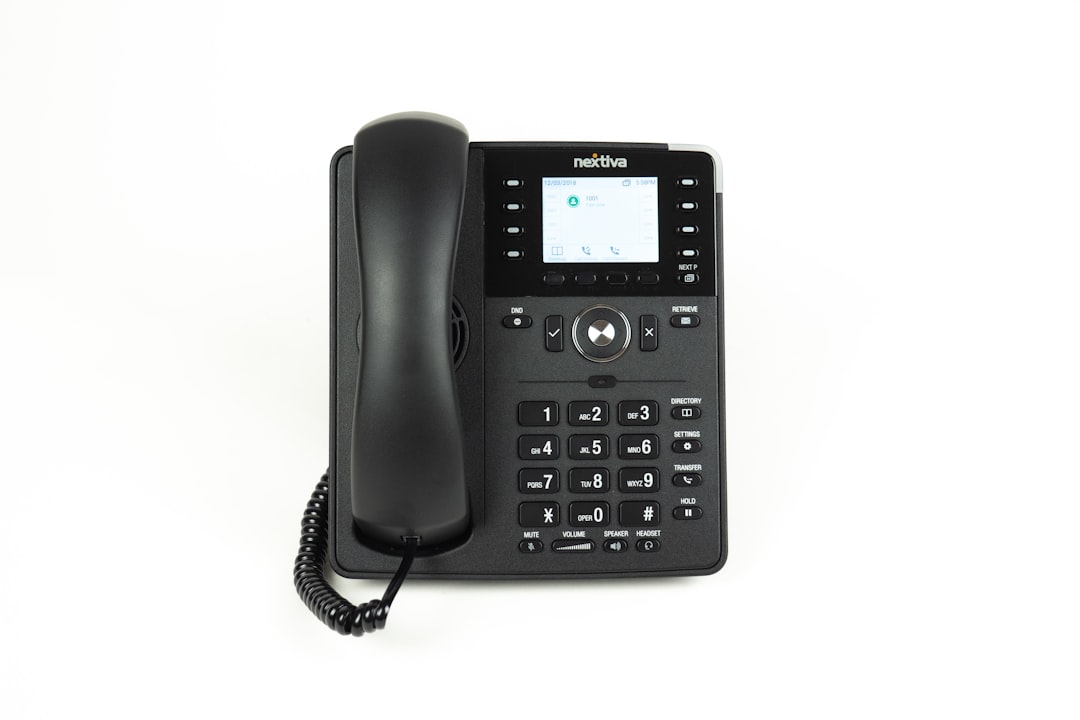Pennsylvania's No Call Laws strictly regulate telemarketing practices to protect residents from unwanted calls, with penalties for non-compliance up to $50,000+ per offense. Businesses must obtain explicit consent, respect "do not call" lists, and honor opt-out requests to avoid legal issues, maintain consumer trust, and foster healthier business-consumer relationships in the state.
“In the realm of consumer protection, Pennsylvania’s No Call Laws stand as a crucial tool to safeguard residents from intrusive telemarketing practices. This article delves into the intricacies of these laws, offering a comprehensive guide for businesses aiming to comply. We explore who the regulations impact, dissecting permitted activities and prohibited actions. Understanding enforcement mechanisms and potential penalties is essential, especially with severe consequences for non-compliance. Additionally, we provide best practices for businesses navigating Pennsylvania’s No Call Laws.”
Understanding No Call Laws in Pennsylvania: An Overview

In Pennsylvania, “No Call” laws are designed to protect residents from unwanted telemarketing calls. These regulations restrict when and how businesses can contact consumers by phone for promotional purposes. Understanding these laws is crucial for both businesses operating in the state and individuals receiving calls. The primary goal of No Call Laws is to give citizens control over their phone lines, ensuring they’re not bombarded with unsolicited sales pitches.
Pennsylvania’s rules are clear: businesses must obtain explicit consent from consumers before making telemarketing calls. This means residents have the right to say “no” and expect their number to be added to a “Do Not Call” list. Non-compliance can result in penalties for businesses, emphasizing the importance of adhering to these local laws.
Who Does the Law Apply To and What Activities Are Regulated?

In Pennsylvania, the No Call Laws regulate telemarketing activities to protect residents from unsolicited phone calls. These laws apply to a wide range of entities, including businesses, charities, and political organizations engaging in telemarketing within the state. The primary focus is on regulating outbound telephone solicitations, restricting when and how these organizations can contact Pennsylvania residents.
The regulations cover various activities, such as live operators, automated calls (also known as robocalls), and text messages. It’s important to note that the No Call Laws have specific do’s and don’ts, including requirements for obtaining consent, providing a way to opt out, and respecting designated “do not call” lists. Compliance ensures that telemarketers operate within ethical boundaries, ensuring residents’ privacy and peace of mind.
Permitted Telemarketing Practices: When Calls are Legal

In Pennsylvania, no-call laws aim to protect residents from unwanted telemarketing calls. However, certain practices are permitted under specific conditions. Businesses engaged in telemarketing must adhere to strict guidelines regarding call timing and consent. Calls are generally legal during business hours (typically 8 am to 9 pm) but cannot be made to individuals on the Do Not Call Registry or those who have explicitly opted out of marketing calls.
Respecting a consumer’s privacy is paramount, and telemarketers must obtain explicit consent before placing any call with the intention of selling or promoting products and services. This ensures that residents retain control over their communication preferences, fostering a healthier relationship between businesses and consumers in Pennsylvania.
Enforcement and Penalties: Consequences for Non-Compliance

In Pennsylvania, violation of No Call Laws can lead to significant penalties and enforcement actions taken by regulatory bodies. Businesses found guilty of telemarketing compliance issues may face substantial fines, typically ranging from $10,000 to $50,000 or more per violation. These penalties are designed to deter companies from engaging in unauthorized or unsolicited calls. Moreover, the state’s attorney general’s office actively enforces these laws, conducting investigations and legal proceedings against non-compliant entities.
Non-compliance can result in additional consequences, including permanent bans on telemarketing activities within the state, damage to business reputation, and potential class-action lawsuits from affected consumers. To avoid these penalties, businesses must strictly adhere to No Call Laws by obtaining proper consent, maintaining opt-out lists, and respecting consumer choices regarding unwanted calls.
Best Practices for Businesses: Navigating Telemarketing Compliance

Navigating telemarketing compliance is essential for businesses aiming to operate within Erie’s local laws, especially regarding No Call Laws in Pennsylvania. The key best practices include obtaining explicit consent from consumers before making any sales calls and honoring requests to be removed from call lists. Businesses should implement robust opt-out mechanisms and regularly update their customer databases to ensure compliance.
Additionally, clear communication is vital. Disclose relevant information about the purpose of the call, who is initiating it, and how consumer data will be used. Transparency builds trust and reduces consumer complaints. Regularly training staff on telemarketing regulations and guidelines can help maintain compliance and mitigate potential legal issues.






